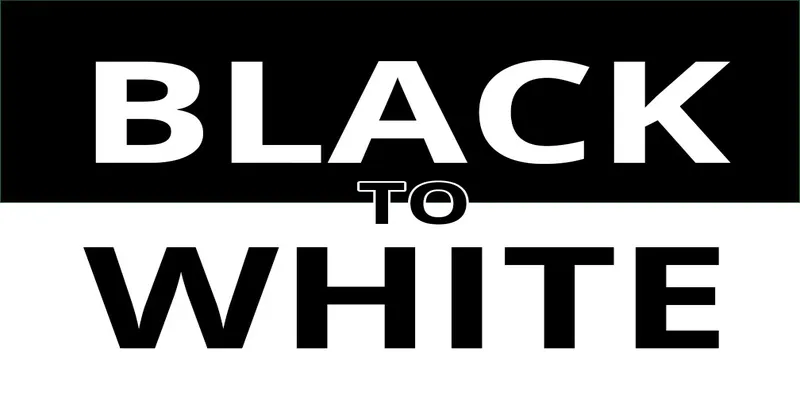5 mistakes to avoid under panic against the Rs 500/Rs 1000 note ban in India
Introduction
The announcement made by PM Narendra Modi to demonetise Rs 500 and Rs 1,000 notes took everyone by surprise. More than a surgical strike, it is a direct attack on the black money, corruption, terror funding, etc.
This decision has led to panic in India. You will see everyone rushing towards banks, ATM, machines, post offices, etc.

There is no need for panic. Your money will be safe. You just need to deposit it before December 30, 2016.
- For any reason, in case you are not able to deposit the money before December 30, 2016, you can still exchange/deposit them until March 31, 2017, at selective branches of Reserve Bank of India.
- Banks will remain open for public transactions this Saturday and Sunday.
- You can still use the existing currency at hospitals, railway station, till November 11, 2016.
Here are five mistakes which you should avoid under panic.
- Deposit more than cash book: Business, especially the small business, do not maintain proper accounts. They actually hold more cash than their cash balance in the books of accounts. This is a normal situation for any business, especially the smaller business in the usual times.
However, these businesses are badly affected by this ban. Hence, if you deposit more than that what is shown under cash book, then this might catch the eye of the taxman.
Solution?
We assume that it is your hard-earned money and you also had rightly paid the tax on it. But since your books are not maintained properly, your real cash might not reconcile with the books. Therefore, you must correct the books of accounts and try to reconcile the cash book with the actual cash you have in hand. After that you can easily deposit the sum into your bank account.
(2) Deposit in bulk: This could be the worst step you may take under these circumstances. Many household people have, over the years, saved a lot of money in cash. Since this cash is earned by small business, small professionals, or any road side shops etc., it might not be under the tax slab resulting into no ITR or supporting for that cash. These categories of people are the widest form which holds cash.
Solution?
Deposit this money in installments. Prepare a file for it. Try to gather as much evidence as possible for your earnings. Even informal evidences also work, because the department will understand your case and will deal with it accordingly.
Further in any case, you can always consult a professional.
Important information
“Banks will have to report to the income tax department in its annual information report about their savings account under which cash is deposited aggregating to Rs 10 lakh or more in a financial year.”
Furthermore, the income tax department will have to keep record of deposits exceeding Rs 2 lakh.
(3) Investing in gold: Many people think that investing in gold is also an option, but it may prove to be totally detrimental to their interest. Here are the following reasons which may prove detrimental:
- Jewelers are now covered under excise law, which means that they have to maintain records for inputs and output made during the year.
- Since everybody will be rushing to jewellers to covert cash into gold, this would surge up the price for gold and ultimately, people will buy it at a higher price. Since it will be a temporary surge, the prices of gold will come down soon. This would lead to fall in value of wealth.
- Under new rules, tax collection at source is applicable on every purchase of more than Rs 5 lakh. Hence, if you are buying gold worth more than Rs 5 lakh, then TCS would be collected and paid to the government of India. This would inform the government about the transaction and rest is the procedure.
Important information
“Every person who receives cash payment exceeding Rs 2 lakh for sale, by any person, of goods or services of any nature, then the seller (covered under Section 44AB i.e. tax audit) has to report the transaction via Annual Information Report to the income tax authorities.”
(4) Don’t reveal your privacy: People under panic often forget about the privacy issue and search for the safe advice. Consulting an expert in this regard would be a better option rather telling everybody about your privacy.
(5) Not offering income to tax: People are still looking for unsafe shelter and mala fide practices to curb the impact of this ban. In case you have any unaccounted money, then declare it. At a pace of government reform, today or tomorrow, your unaccounted money will be held and punished.
Previously, government has given the opportunity to the defaulters to come out clean. Hence, at last it would be better of you to declare your right full income, pay tax on it, and live life peacefully.
Conclusion
No doubt, this step of PM Modi could turn out to be one of the most crucial steps in the history of Indian economy. It will certainly jeopardise the parallel economy in India.
Hence, be a part of this historic event, help others, educate poor people so that we all together can remove the menace of black money, corruption, illicit practices, terror funding from our economy.







